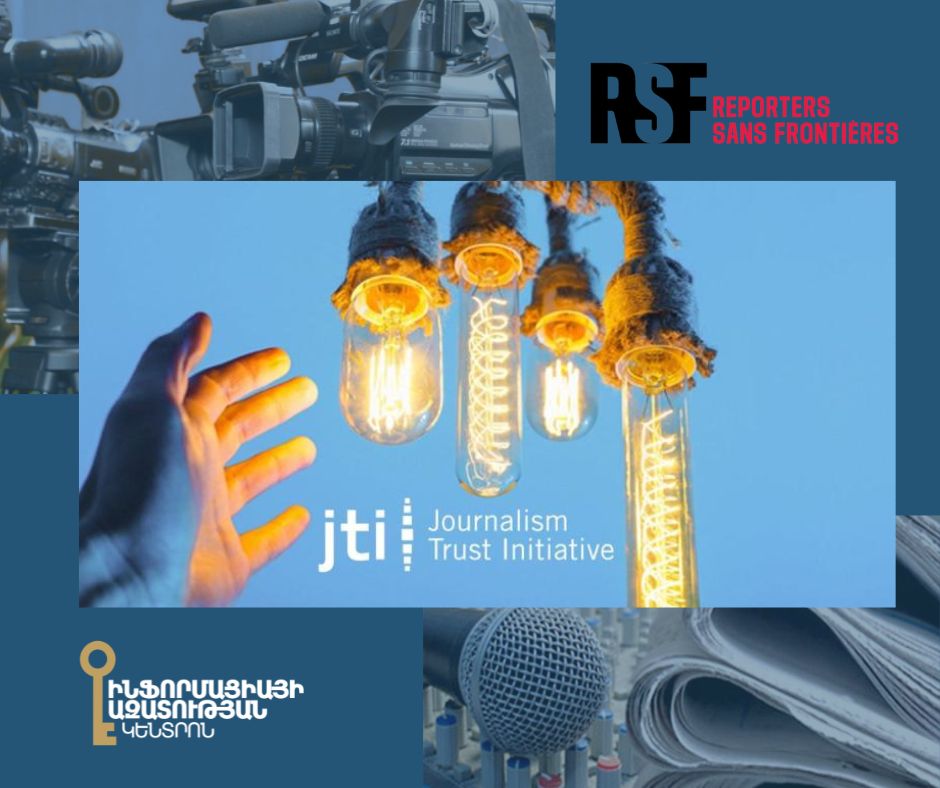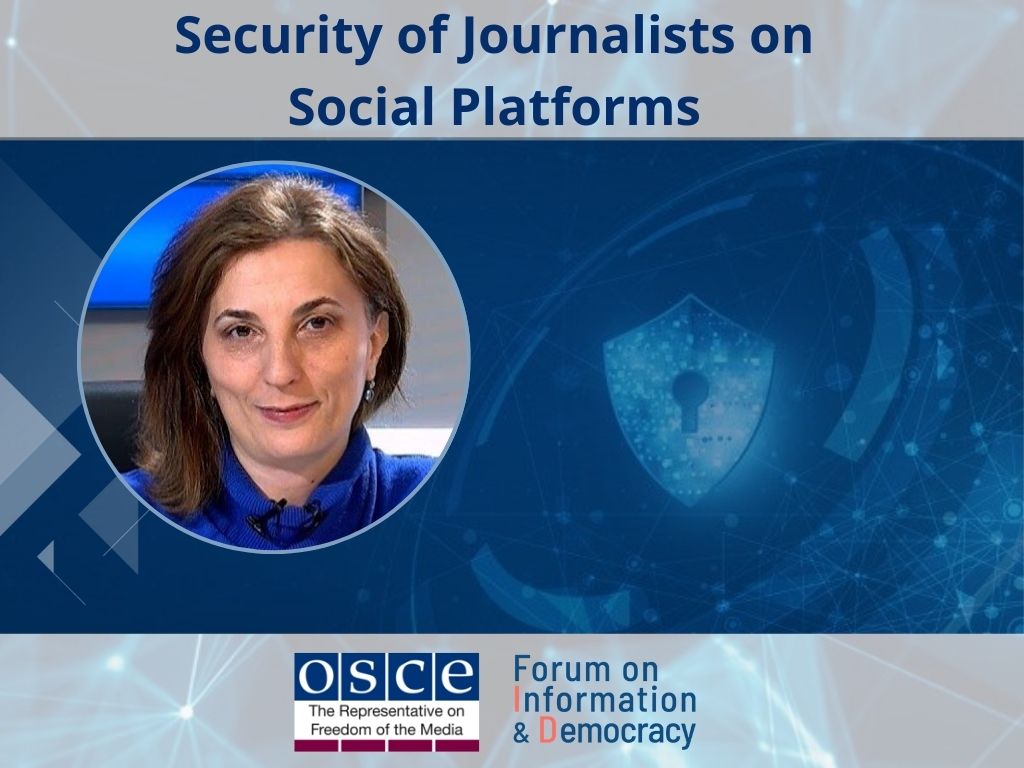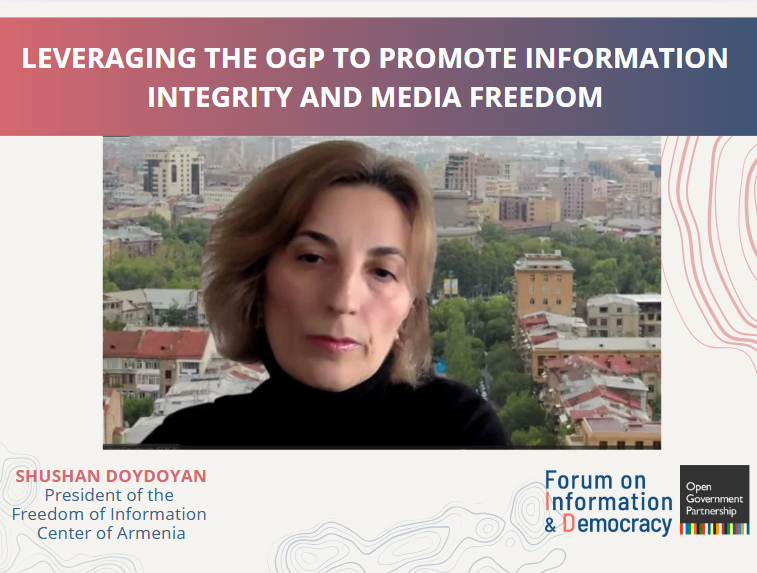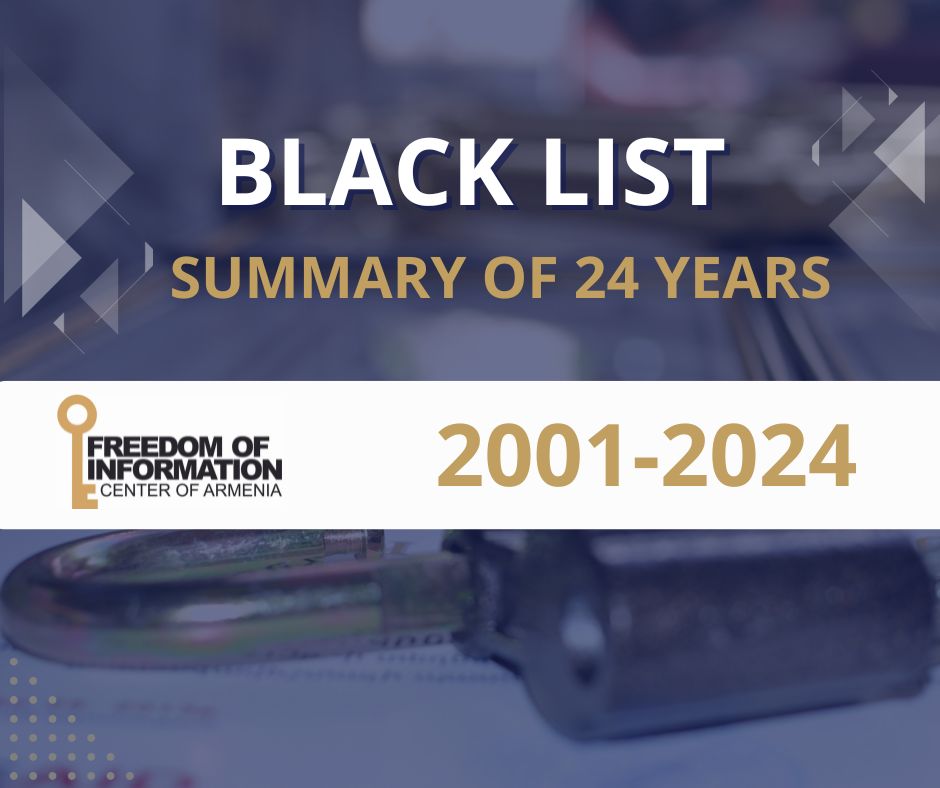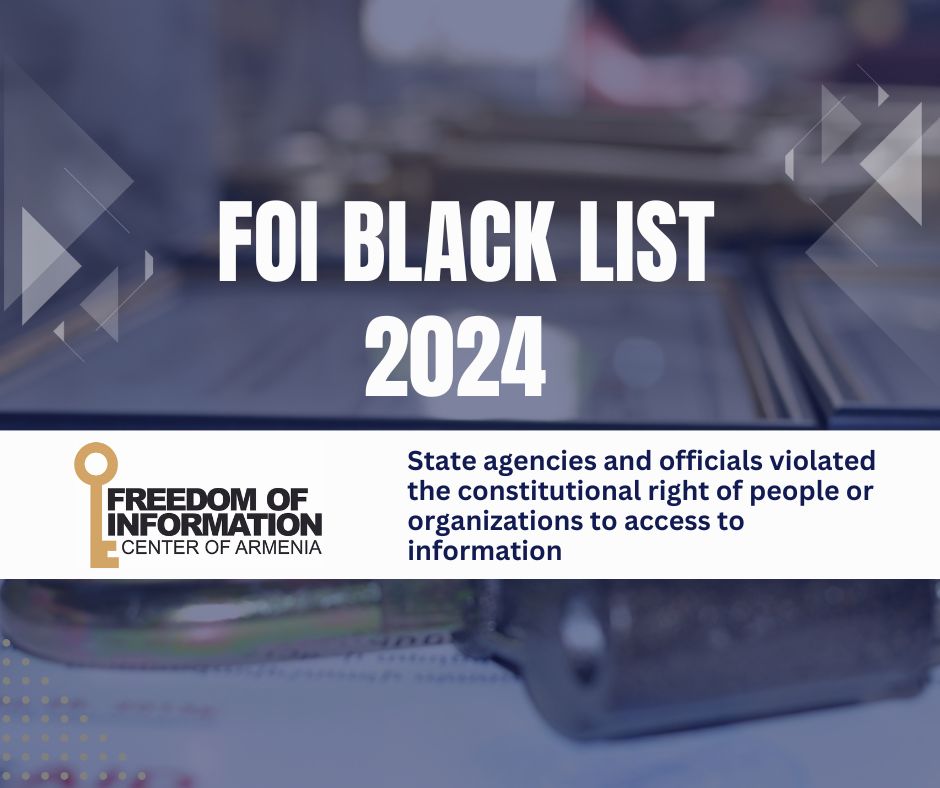The lowest tax collection rate in Syunik province is in the Tatev community. The main reason is the insolvency of the residents, as well as the lack of a clear policy for tax collection and replenishment of the community budget at the expense of resources. Freedom of Information Center of Armenia and the Goris Press Club NGO with the co-funding of the European Union implemented the “Participate in Community Development” sub-grant project.
Angela Stepanyan, the director of the project says that they aimed to create an environment of trust between Tatev community residents and local authorities in the processes of collecting, increasing, and utilizing their revenues. The project carried out surveys in the Shinuhayr, Harjis, Swaran, Halidzor, and Tandzatap communities of Tatev.
“Discussions were held with the hotel service providers in the Goris community on the need to introduce a hotel tax. We have touched on a few points in the program. The first stage was to conduct surveys to find out how well residents are aware of how their taxes are spent. The second stage was interviews with the representatives of the local authorities, in particular the head of the community, and the deputy head. We have worked with the financiers a lot”, she notes.
Leading specialist at Tatev community administration Arman Serobyan attaches great importance to this cooperation.
“Collaboration is very important, and as a resident and community worker I place great emphasis on such programs that should raise the awareness of residents so that they should pay taxes, and that the municipality should apply the mechanisms developed during this collaboration”, he says.
Survey and comparison of the community’s official website, decisions, statistics, and comparisons Surveys were conducted to inform residents on what their taxes were spent on. Discussions also took place with the participation of local government representatives and residents.
In a short period, the sub-grant project managed to record results. An analytical database was created on the real causes of low-income collection in the Tatev community. Residents’ awareness increased; 60-70% of residents are aware of community budget revenues and projected costs. The attitude of 55-60% of the population of beneficiary settlements on the need to pay taxes has changed significantly. Information leaflets have been published that have been distributed through target groups by volunteers to make the budget more transparent and build trust.
Here is the video about the project.


